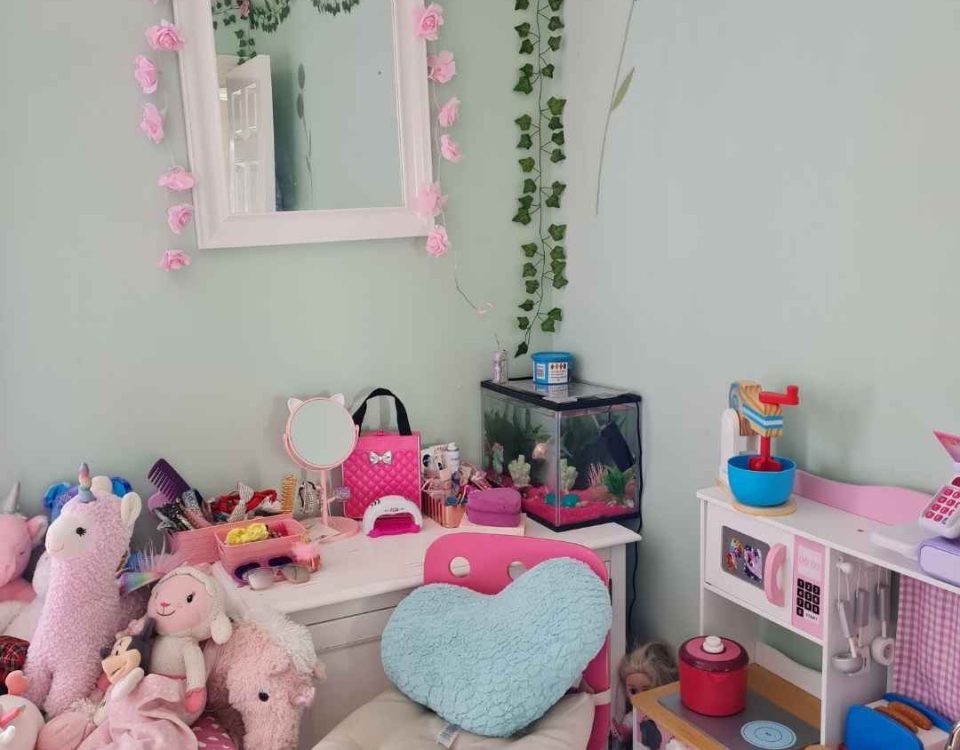This website uses cookies so that we can provide you with the best user experience possible. Cookie information is stored in your browser and performs functions such as recognising you when you return to our website and helping our team to understand which sections of the website you find most interesting and useful.
Six Ways In Which You Can Do Your Bit For The Environment
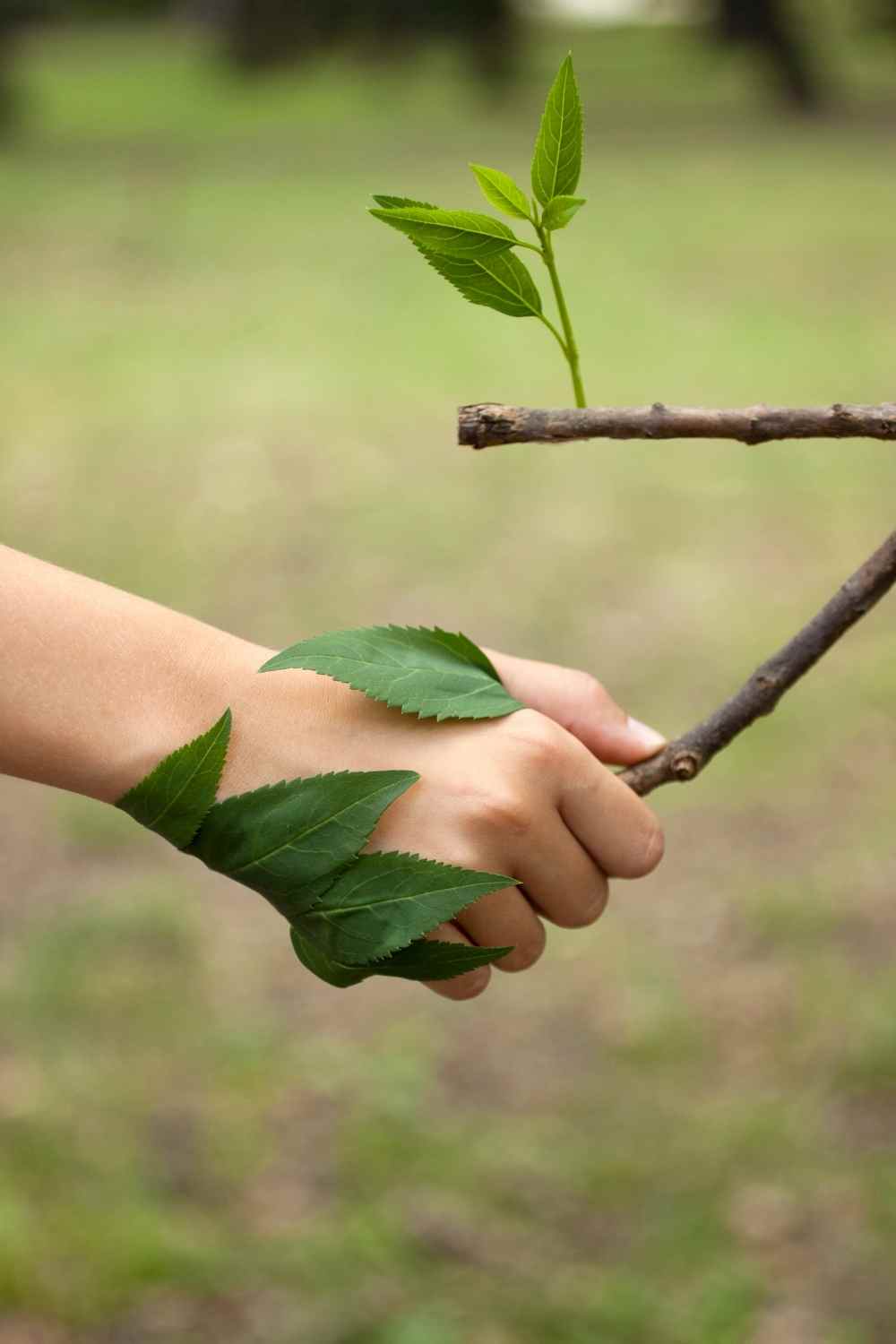
*This is a collaborative post.
Sadly, this year, the focus has been on the COVID-19 pandemic, and while this is obviously the hot topic at the moment, it means other important issues have taken the backbench. Climate change, and the problems facing our environment, are a key example of this.
In recent years, the spotlight has, quite rightly, been on climate change and what steps we all urgently need to take to halt it and reverse the effects as much as possible. The Extinction Rebellion protests, Greta Thunberg and of course, Sir David Attenborough, have all played key roles in bringing into the limelight. While at the moment it is overshadowed by second waves, furloughs, tiers and bubbles and lockdowns, it has not gone away – far from it – and there are still things that we can all do to mitigate the effect we have on the environment.
Here, we look at some of the things that you can do to help – remember, even the smallest of changes is one step in the right direction.
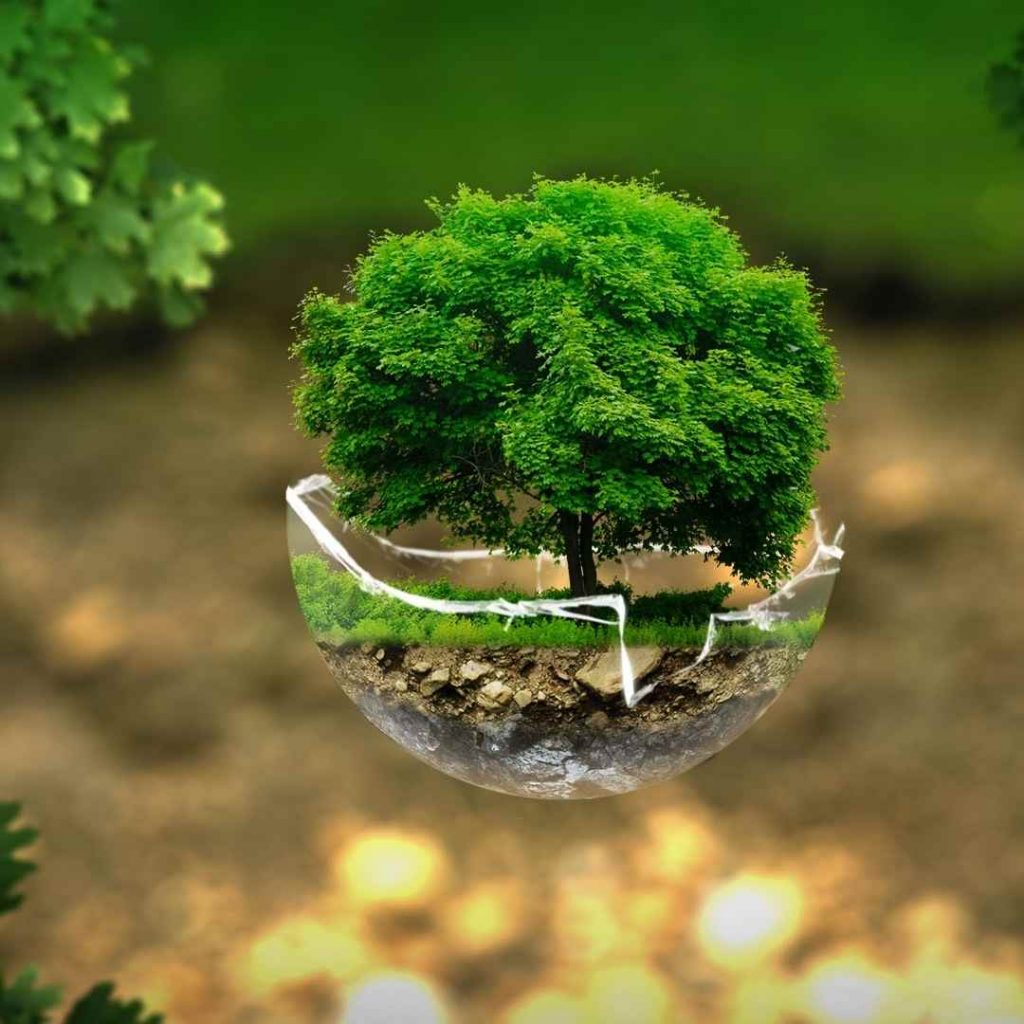
Cut out the one-use plastic
One-use plastic is, to be blunt, the scourge of the environment at the moment. It can take hundreds of years for even the smallest piece of plastic to break down, and in the meantime, it is sitting in landfills, floating in the sea and causing untold damage to our waterways and oceans and the animals that live within them. It also uses an incredible amount of natural resources to produce, so it is a double whammy.
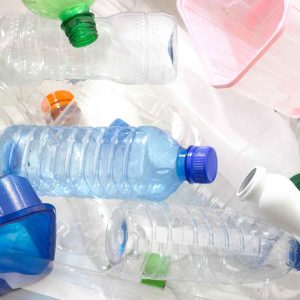 Some plastics are easier to cut out than others. For example, take a reusable water bottle out with you and fill it up rather than buying bottles. Instead of buying plastic bottles of shower gel or shampoo, try out vegan soap bars and shampoo bars.
Some plastics are easier to cut out than others. For example, take a reusable water bottle out with you and fill it up rather than buying bottles. Instead of buying plastic bottles of shower gel or shampoo, try out vegan soap bars and shampoo bars.
It isn’t just one-use plastic that you can cut out. At the moment, we are all having to wear masks, and while it is vital that we continue to do so, we are going to have a huge problem on our hands with disposable masks. Where possible, use reusable ones that can be washed and used time and time again. If you do use disposable ones, make sure they are disposed of properly, in a bin, and if you can, cut the ties, so animals do not get tangled up in them.
Manage food waste
Food waste is a huge problem, with more than 15 million tonnes of food thrown away every year, half of which comes from homes. More and more councils are doing their bit and providing a food waste collection service, but the best thing to do is to create as little waste as possible. Spend a few minutes planning meals every week and only buying what you need, cook in bulk and freeze and look up inventive ways to use up leftover bits and pieces floating around in your fridge or freezer. Who knows what you can come up with?
Cut down on your meat consumption
Vegetarianism and veganism have become popular recently, and while it certainly has it’s advantages, it is not a choice that everyone wants to or can take. However, what we can all do is to reduce our meat intake even by one meal a week. It is much easier than it sounds – pasta with a delicious sauce, homemade pizzas and curries and bulking out meat-based meals such as spaghetti bolognaise or cottage pie with extra veg or lentils to make it go even further – and make it healthier.
When you do eat meat, try to opt for locally sourced meat where possible and bear in mind that beef is very carbon-intense.
Reduce water usage
Despite our planet being made up of 70% water, it is not an infinite resource, and one day, we will run out. The average person in the UK uses a whopping 150 litres of water EVERY SINGLE DAY. That is the equivalent of 264 pints of milk (or beer, if that makes it easier to visualise!).
Of course, we simply cannot stop using water, but what we can do is reduce the quantity that we use – and generally waste. We all know that showers use less water than baths, and to put a brick in the cistern of the toilet to reduce the water use there, but challenge yourself to use less water overall.
Reduce, reuse, recycle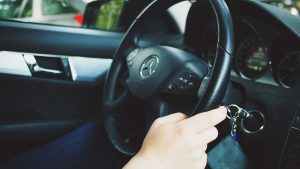
This is one mantra to bear in mind. It is a three-tier system (yes, we are all used to hearing about three tiers now!); a hierarchy of importance. The first thing that we should do is to reduce the amount of ‘stuff’ that we use. Think about everything you consume or buy and question whether it is something that you need. If you do need to buy it, think about the possible ways in which you can reuse it. Had a takeaway for dinner? Reuse the plastic tubs for freezing batch cooked meals. Has that coffee table seen better days? Instead of buying a new one, can you upcycle it? Finally, if neither of the above is possible, recycle everything that you can. Every council seemingly has different rules and guidelines for what can be recycled and where, so make sure that you check.
Ditch the car
This one is much easier said than done because we all get used to the comfort and convenience of jumping in our car to get from a to b, but if you can, find alternative ways of transport. Ok, so admittedly car-sharing with friends and colleagues is not advisable at the moment and public transport is not ideal, but when things are more ‘normal’, these should be encouraged. Why not use this time to improve fitness levels and walk a little more and a little further, or even take up cycling?
Doing our bit for the environment is something we should all be doing intuitively. It is more difficult than normal because of the restrictions put upon us by the coronavirus pandemic, but there is still plenty that you can do.



